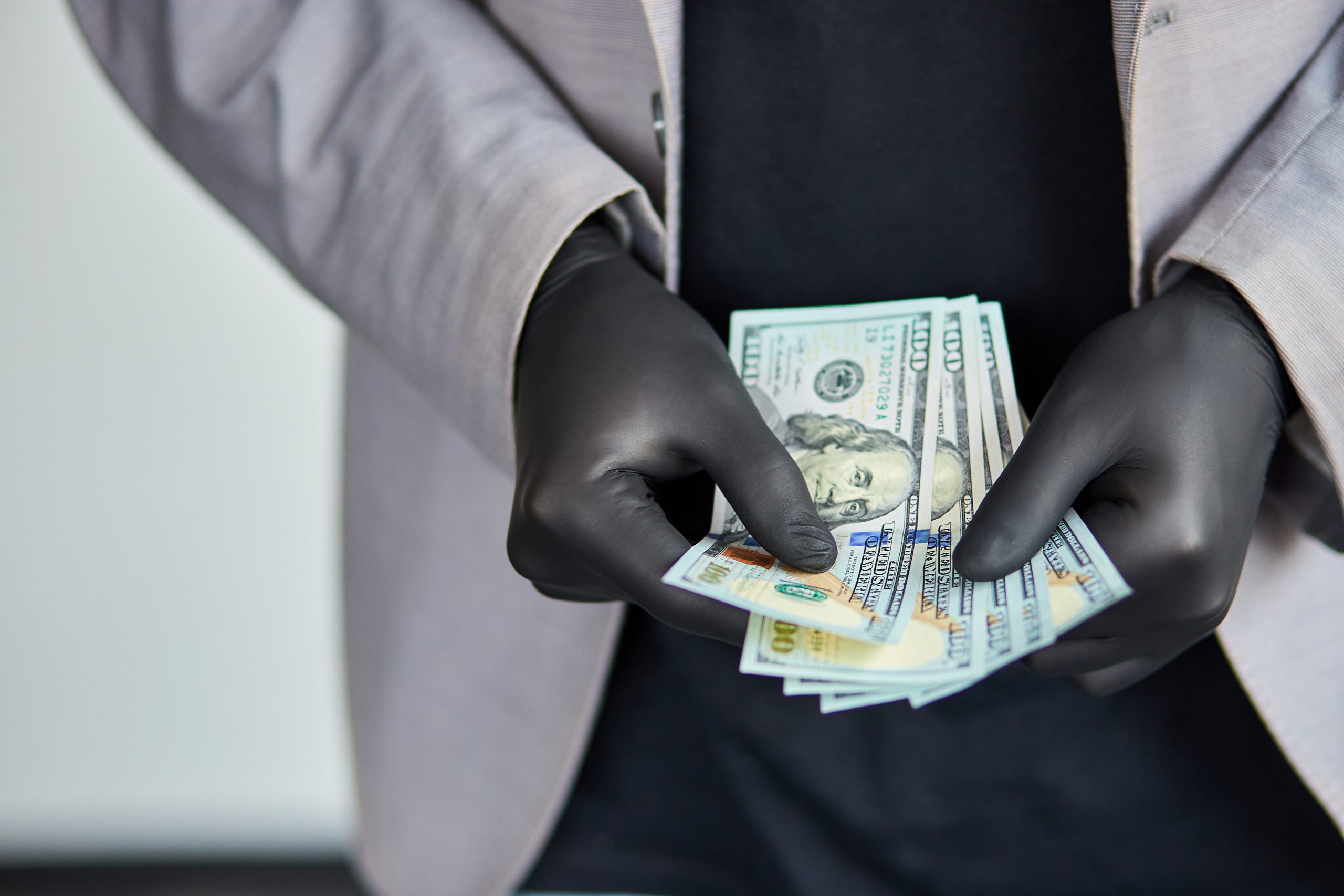
States are on lockdown; citizens are sheltering in place; and access to cannabis business is critical. As surreal it all sounds, the effects of the global pandemic have yet to be fully seen, or understood. Here’s how the global health crisis is affecting the industry so far.
“An Essential Medicine?”
On Friday, March 20th, California Gov. Gavin Newsom issued a clarification deeming cannabis businesses as essential during the statewide lockdown.
The announcement applies to both medical and recreational operations, and their entire supply chain: farmers, distributors, manufacturing labs, etc., reports MJ Biz Daily.
The California Bureau of Cannabis Control (BCC) says the services can continue despite the stay-at-home orders, “because cannabis is an essential medicine for many residents, licensees may continue to operate at this time.”
Other states including Illinois and New York, are following California’s lead. However, not all are. States, including Massachusetts, announced cease and desist orders for recreational and medical dispensaries that are serving adult-use consumers, effective March 24th.
According to the state’s Cannabis Control Commission:
“All licensed Marijuana Establishments and Medical Marijuana Treatment Centers conducting adult-use retail at non-colocated premises have not been deemed essential and therefore, shall close their physical workplaces and facilities (Brick-and- Mortar Premises) to workers, customers, and the public as of 12:00 noon on March 24, 2020, and shall not re-open to workers, customers, or the public before 12:00 noon on April 7, 2020.”
Shifting Models
In light of being listed as an essential by both local and state leaders, California cannabis company, Caliva, is keeping their retail stores and delivery services open for business.
In a recent press release, the company explained that they’re keeping operations up and running, “to ensure that customers who depend on their products for ailments like pain relief, anxiety, sleep management and more can continue to have access to the products they rely on each day.”
Like many in and outside of the industry, Caliva’s business model is shifting to accommodate consumers during the COVID-19 pandemic.
They’ve implemented curbside pickup at their San Jose and DELI Bellflower location in L.A. Stores are also open to the general public. The shop’s are reserving the first hour of business (9 a.m. to 10 a.m.) for seniors and veterans only. No more than 10 people are allowed in the lobby or on the sales floor at one time. They’re also urging customers to stay at least a six-feet apart at all times.
Currently, most of Caliva’s customers are purchasing products solely through in-house delivery channels—resulting in the highest demand in delivery sales to-date. According to the company, deliveries usually account for one-third of total sales. In just over a week, they now account for two-thirds of sales.
Elizabeth Ashford, spokesperson for the delivery company, Eaze, told Politico that the company is also experiencing a particularly high delivery rate. As of last week, she explains, “the number of first-time deliveries and website sign-ups were both up by more than 100 percent.”
A Surge in Sales
Several companies in California, Colorado, and Washington reported record-breaking sales in March. However, the surge is starting to take a plunge, reports MJ Biz Daily:
“By March 9th, sales in the [aforementioned] three states had surged, with year-over-year sales increases of 46% in Colorado, 100% in Washington state and an eye-popping 159% in California. But by March 21st, sales had slowed in California to represent a 23% year-over-year increase—and in Colorado and Washington state, sales were down from the previous year.”
Seasonal upticks are typical during the springtime. But, the dramatic increase was likely due to pandemic-induced panic.
But, many operators are bracing for uncertainty, particularly within the supply chain. Unemployment rates, which are estimated to reach as high as 30%, are also expected to have an affect on sales in the near future.
It’s uncertain whether consumer behavior will return to normal. What’s clear, however, is that legislatures across the U.S. have deemed cannabis as crucial, a definite positive for advocates and patients alike.


Leave a Reply